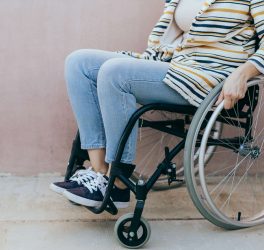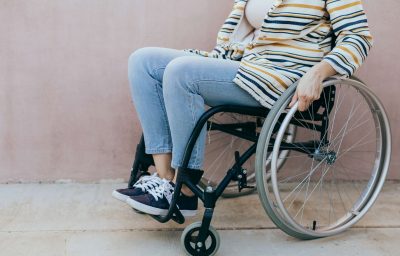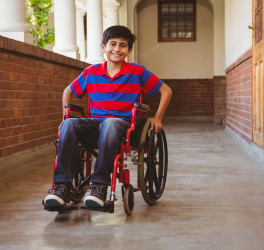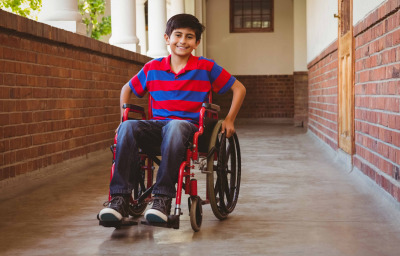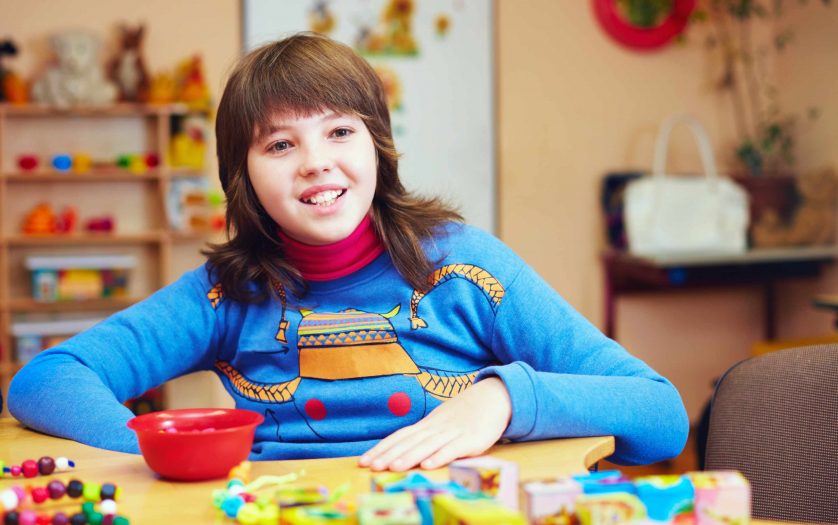
Czech’s Ministry of Education, Youth and Sport are planning to cut educational and financial support for students with disabilities.
The draft amendment to its decree on inclusion by the Education Ministry, which is currently undergoing a commenting procedure, could deny children with disabilities a teaching assistant’s support.
If adopted, the amended decree’s proposed wording would narrow entitlement to an assistant just for those types of disability that concern behavioral or mental disability. “Through this proposal, children with mobility disabilities are extremely at risk of losing their teaching assistants.
The presence of an assistant is the condition for their ability to be in school. Children with severe speech disabilities would also lose this support, who are also extremely at risk of failing school and find it difficult to relationships with their classmates.
Children with intellectual disabilities, with severe diabetes and other chronic diseases, such as cancer diagnoses, are also at risk, as are children with learning disabilities,” Klara Laurencikova, the chair of the Czech Professional Society for Inclusive Education (COSIV).
“The ministry has presented no concrete data to explain their decision regarding children with disabilities. Adoption of the amendment would, in her opinion, mean absolutely ruining inclusive education.”
According to the expert.
“This proposal was never discussed with the parents of children with disabilities; most schools and professional associations know nothing about it, a discussion in the profession did not precede it,” the expert said. ČOSIV has published a detailed standpoint on the draft amendment to the decree on inclusive education.
“Mainstream schools in the Czech Republic were not prepared for inclusion when it was instituted. Unfortunately, that lack of preparation has taken a toll, and inclusion has been following a path that is not necessarily financially or professionally fully equipped,” said Jiri Pilar of the Association of Special Needs Educators.



